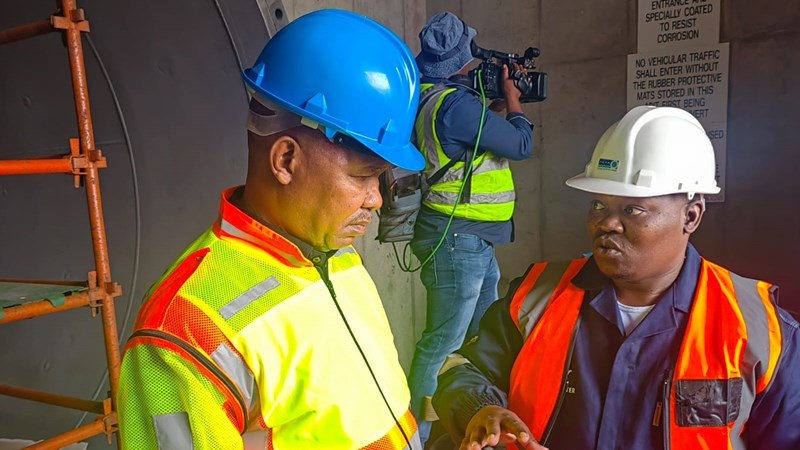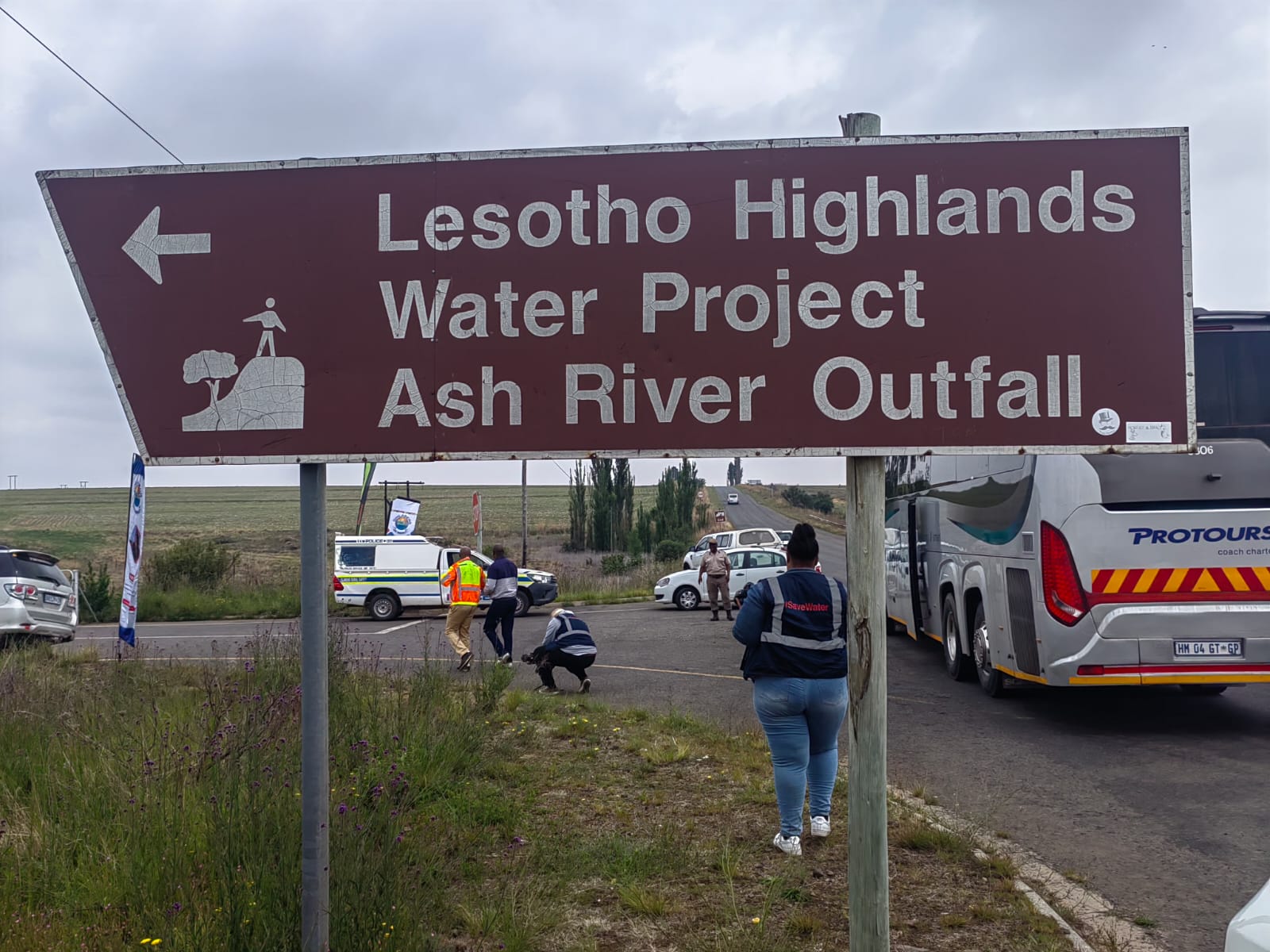Central SA
Department of Water urges South Africans to save water amid Lesotho Highlands project maintenance─── KEKELETSO MOSEBETSI 15:40 Fri, 15 Nov 2024

The Department of Water and Sanitation has renewed its call for South Africans to use water sparingly as crucial maintenance work continues on the Lesotho Highlands Water Project (LHWP).
The project, a cornerstone of the country’s water supply system, began its six-month maintenance schedule on 1 October 2024 and is expected to conclude by March 2025.
This maintenance is critical to extending the lifespan of the infrastructure by 20 to 30 years, with R320 million set aside for maintenance within South Africa’s borders alone. The work, led by the Trans-Caledon Tunnel Authority (TCTA) in collaboration with the Lesotho and South African governments, includes blasting at the Little Caledon and coating operations set to commence next week.
During a recent media tour, First Deputy Minister of Water and Sanitation David Mahlobo, Second Deputy Minister Sello Seitlholo, TCTA CEO Percy Sechemane, acting Free State Premier, MaQueen Letsoha-Matahe and other dignitaries conducted inspections at key sites, including the Little Caledon and Ash River.
Officials expressed confidence in the project’s progress, emphasising that sufficient water reserves have been secured to ensure a steady supply throughout the maintenance period.
Sechemane highlighted that approximately 780 million cubic meters of water are transported annually through the tunnel from Lesotho to South Africa. As part of pre-maintenance preparations, an additional 699 megalitres of water were stored to mitigate disruptions.
Municipalities have also been allocated reserves to address immediate needs.
Despite these measures, Mahlobo stressed the importance of water conservation, describing the situation as a “necessary inconvenience.” He urged citizens to avoid wasteful practices, such as excessive irrigation and improper use of hoses, particularly in small businesses like car washes.

Photo: Kekeletso Mosebetsi
“Our call for citizens to use water sparingly remains,” said Mahlobo. “In as much as water will be available, it must be used responsibly. Illegal connections must also be reported, as they deprive communities of essential water supply.”
He also commended workers involved in the project, underscoring their vital role in safeguarding the nation’s water infrastructure. Weekly meetings are held to monitor progress, and political oversight is being maintained at the highest levels to ensure the project remains on track.













